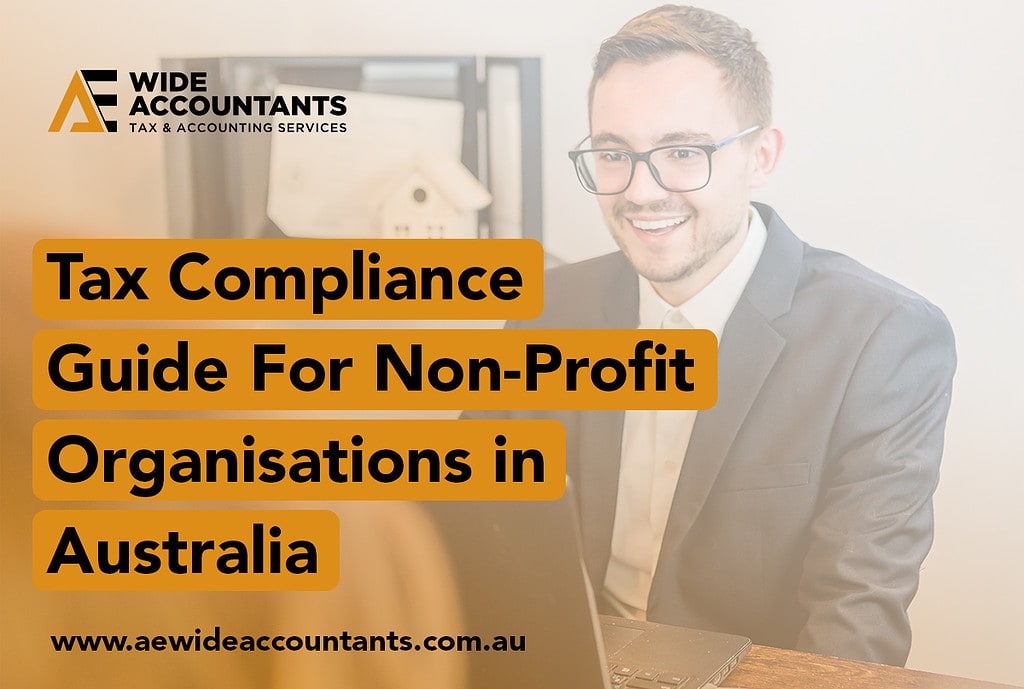
Disclaimer: This blog post is for informational purposes only and should not be considered as professional or financial advice. Consult with qualified professionals for advice tailored to your specific needs.
Keywords: Tax Compliance, Non-For-Profit Organisations, Australia, ACNC, Australian Taxation Office, Deductible Gift Recipient, Tax Exemptions, Tax Concessions, Fundraising
Introduction
The landscape for Non-For-Profit Organisations (NFPs) in Australia is diverse, encompassing sectors such as healthcare, education, and social welfare. Integral to their operations is the understanding of tax compliance within the regulatory framework governed by the Australian Charities and Not-for-profits Commission (ACNC) and the Australian Taxation Office (ATO). In this article, we delve into key aspects of tax compliance that every NFP operating in Australia should be familiar with.
ACNC Registration – The First Step Towards Tax Compliance
Before availing tax exemptions and concessions, NFPs must register with the ACNC. This not only establishes the legitimacy of the organisation but also sets the stage for compliance with Australian taxation laws. Being registered with the ACNC is often a prerequisite for other benefits like Deductible Gift Recipient (DGR) status.
Tax Exemptions: Understanding the Basics
Tax exemptions are pivotal to NFPs, as they help funnel more resources into charitable activities. But these exemptions are not automatically granted. The Australian Taxation Office sets stringent criteria to qualify for such exemptions, often varying based on the type of organisation and its operations.
Deductible Gift Recipient (DGR) Status
Holding a DGR status allows organisations to receive tax-deductible donations, a critical advantage in fundraising efforts. There are different categories and endorsement processes, and only those meeting the stipulated criteria are bestowed with this status.
Fringe Benefits Tax (FBT) and Goods and Services Tax (GST) Concessions
Non-For-Profit Organisations can also be eligible for FBT rebates and GST concessions. These benefits serve to reduce the operational costs of the organisation, but they come with their own set of reporting and compliance obligations.
Fundraising and State-Based Regulations
While federal tax laws form the foundation of tax compliance, state-based regulations around fundraising are another layer NFPs must navigate. These often require separate registrations and periodic reporting, ensuring that fundraising activities are carried out ethically and transparently.
Key Takeaways
- ACNC Registration: A critical first step for NFPs in Australia.
- Tax Exemptions: These are highly beneficial but come with stringent criteria.
- DGR Status: A game-changer in fundraising but subject to specific conditions.
- FBT and GST Concessions: Extra layers of potential tax relief, each with their own compliance obligations.
- State-Based Fundraising Regulations: Another dimension to the tax compliance landscape for NFPs.
Conclusion
Tax compliance for Non-For-Profit Organisations in Australia is a complex area that requires careful navigation. By understanding and adhering to the rules set by the ACNC and the Australian Taxation Office, NFPs can focus more efficiently on their mission and objectives. For tailored advice, consulting with qualified professionals is highly recommended.
Disclaimer: This blog post is for informational purposes only and should not be considered as professional or financial advice. Consult with qualified professionals for advice tailored to your specific needs.
For more insights on financial practices and tax compliance, stay tuned to the AE Wide Accountants blog.
Author: Marketing Professional and SEO Expert at AE Wide Accountants.





